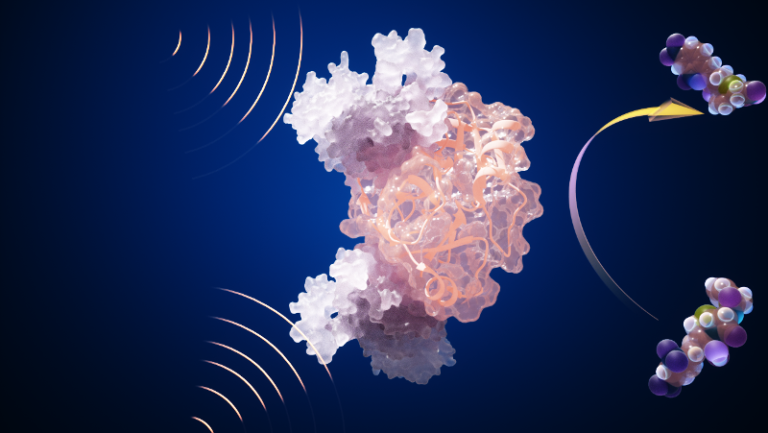Researchers Develop Biosensor Prototype to Detect Rare Earth Elements
Researchers from Queensland University of Technology have made a breakthrough in the detection of rare earth elements with the development of a prototype biosensor. Led by Professor Kirill Alexandrov, the team has engineered proteins to create molecular nanomachines capable of generating easily detectable signals when they selectively bind to lanthanides.
Published in Angewandte Chemie International, the study details the creation of a hybrid protein, or chimera, by combining a lanthanide-binding protein with an antibiotic degrading enzyme called beta-lactamase. This hybrid functions as a “switch” that activates only in the presence of lanthanides, allowing for the detection and quantification of these elements in liquids through visible color changes or electrical signals.
Through the modification of bacteria with these chimeras, the researchers demonstrated the ability of the proteins to respond specifically to lanthanides, enabling the survival of the microbes in the presence of antibiotics that would normally be lethal, but only when lanthanides are present.
Professor Alexandrov expressed excitement about the potential applications of this technology, stating, “This work opens up exciting possibilities for using biology to detect and recover rare earth metals. The prototype can also be adapted for various biotechnological uses, such as creating living organisms capable of detecting and extracting valuable metals.”
The research team is now focused on enhancing the specificity of the molecular switch to differentiate more effectively between closely related rare earth elements and developing similar switches for other critical elements. Additionally, they plan to explore the use of these tools in engineering microbes capable of extracting rare earth minerals directly from ocean water.
This innovative biosensor represents a significant advancement in the field of rare earth element detection and extraction, with potential implications for sustainable resource management and environmental monitoring.

